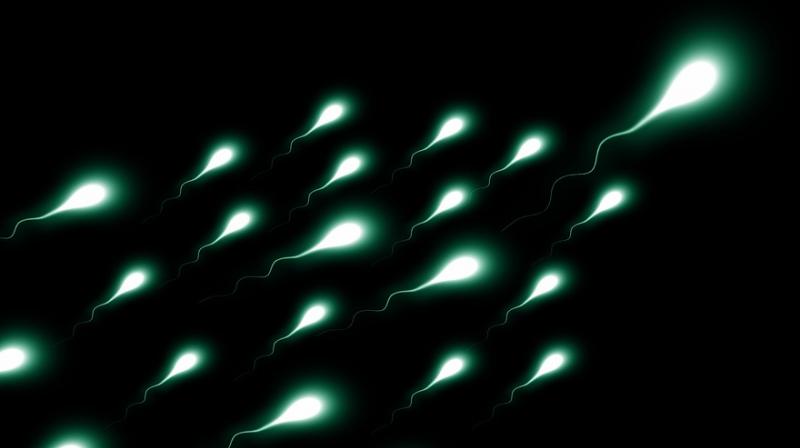Young people clueless about fertility declines: Study
Only 18.3 per cent of men and 16.9 per cent of women correctly identified 45-49 years as the age when male fertility declines.

Most young people underestimate the impact of female and male age on fertility, according to a study conducted in Australia.
The research, published in the journal Human Fertility, found that less than half of participants could correctly identify the age when a woman's fertility declines and even fewer knew when male fertility declines.
The study - based on a large-scale survey of Australian university students - also found that having children was equally important to male and female students.
Many wanted to complete their families before a significant decline in fertility occurred, said researchers led by Eugenie Prior of the Victorian Assisted Reproductive Treatment Authority in Australia.
However, they also expected to achieve many other life goals before becoming parents, they said.
Researchers surveyed 1,215 students, via an anonymous online questionnaire, about their intentions and expectations for parenthood, and knowledge of fertility.
As many as 38 per cent of men and 45 per cent of women correctly identified 35-39 years as the age at which female fertility declines significantly.
However, only 18.3 per cent of men and 16.9 per cent of women correctly identified 45-49 years as the age when male fertility declines.
Fewer than 10 per cent of the students did not want children, and of those who did, 75 per cent wanted two or more, researchers found.
Being in a stable relationship, having a partner with whom they could share responsibility and feeling sufficiently mature were rated by both men and women as the most important conditions prior to having children.
Over 90 per cent of male and female students considered these three conditions to be 'important' or 'very important'.
"Our study shows that university students overwhelmingly want to be parents one day," Prior said.
"However, most also have an unrealistic expectation of what they will achieve prior to conception, whether that be in their career or financially.
"We need to educate young people about the limits of fertility and support them to become parents at a point that is ideal biologically, while balanced against the life goals they want to achieve," said Prior.
Many male and female students wanted to complete their families within the biological limits of fertility, researchers said.
However, considering the other life goals they wished to accomplish prior to parenthood, it was questionable whether they would be able to achieve this, they said.

